As hybrid cars become increasingly popular due to their environmental benefits and fuel efficiency, understanding the charging process is crucial for potential and current owners. One of the most common questions is, "How long does it take to charge a hybrid car?" The answer depends on various factors, including the type of hybrid car, the charging level used, and whether you're charging at home or using a public station. This guide will walk you through everything you need to know about charging times for hybrid cars.
Types of Hybrid Cars
There are two main types of hybrid cars:
-
Plug-in Hybrid Electric Vehicles (PHEVs): These hybrids can be charged by plugging into an external power source and typically have a larger battery capacity, allowing for a significant amount of all-electric driving before switching to gasoline.
-
Standard Hybrids: These cars primarily rely on regenerative braking and the internal combustion engine to recharge their batteries, and they cannot be plugged in for charging.
If you are interested, you can further read Types of Electric Vehicles to learn about the different types of electric vehicles.

Factors Affecting Charging Time
Charging time for hybrid cars can vary based on several factors. Understanding these can help you optimize your charging routine and ensure your car is ready when you need it. Let's explore the key factors:
Battery Size and Capacity
The size and capacity of your hybrid car's battery significantly impact charging time. Plug-in hybrids usually come with larger batteries compared to standard hybrids, meaning they can store more energy and, consequently, take longer to charge. It's like filling a larger water tank – the bigger the tank, the more time it takes to fill up.
Charging Level
Charging levels also determine how quickly your car charges. Level 1 charging, which uses a standard household outlet, is the slowest but most convenient for overnight charging. Level 2 charging, available in many homes and public stations, significantly speeds up the process. And if you're in a hurry, DC Fast Charging stations can get you back on the road quickly, although not all hybrids support this method.
Charging Station Power Output
The power output of the charging station affects charging speed. Higher power output means faster charging. For example, a 7.2 kW Level 2 EV charger will charge a battery faster than a 3.3 kW charger. The availability of higher-powered stations can also influence overall charging time, especially when using public infrastructure.
Vehicle Model and Manufacturer Specifications
Different vehicle models have varying charging efficiencies, which can affect charging speed. Some cars are designed to maximize charging speed, while others may have limitations based on their electrical systems. Always follow the manufacturer's guidelines and limitations on charging speed and methods to ensure optimal performance and battery health.
State of Charge (SoC)
The battery's initial state of charge affects how long it takes to recharge. Charging from 0% to 80% is typically faster than the last 20% due to battery management systems that slow down charging to prevent overcharging and extend battery life. Understanding your vehicle's charging curve can help you plan your charging sessions more effectively.
Charging Levels Explained
Level 1 Charging
-
Definition: Level 1 charging uses a standard household outlet (120V).
-
Typical Charging Time: Charging a PHEV can take anywhere from 8 to 12 hours, depending on the battery size.
Level 2 Charging
-
Definition: Level 2 charging requires a dedicated charging station (240V), commonly found in homes and public places.
-
Typical Charging Time: A full charge can be achieved in 3 to 6 hours, offering a significant reduction in charging time compared to Level 1.
DC Fast Charging
-
Definition: DC Fast Charging stations provide high power output (typically 400V+), significantly reducing charging times.
-
Typical Charging Time: These can charge a PHEV to 80% in about 30 minutes to an hour. However, not all PHEVs support DC Fast Charging.
Home vs. Public Charging Stations
When it comes to charging your hybrid car, you have the option to charge at home or use public charging stations. Each method has its own advantages and disadvantages, so let's break them down to help you decide which is best for your needs.

Home Charging
-
Convenience: Charging at home is incredibly convenient. You can simply plug in your car overnight and wake up to a full battery.
-
Cost-Effective: Home charging is generally more economical than public charging stations, especially if you take advantage of off-peak electricity rates.
-
Control: You have complete control over your charging schedule and can avoid the hassle of finding an available public charger.
-
Slower Charging Times: Without a dedicated Level 2 charger, home charging can be slower. Using a standard Level 1 charger (120V) can take 8 to 12 hours for a full charge.
-
Upfront Investment: Installing a Level 2 home charger requires an initial investment, although it can significantly reduce charging times.
Public Charging Stations
-
Faster Charging Options: Public stations often provide Level 2 and DC Fast Charging, which can charge your car much quicker than a standard home outlet.
-
Accessibility: With the growing number of public charging stations, it’s becoming easier to find a charger when you're out and about, ensuring you can top up your battery as needed.
-
No Installation Needed: Using public chargers means you don’t have to worry about the installation costs or logistics of setting up a home charging station.
-
Cost: Public charging can be more expensive than home charging, especially if you frequently use DC Fast Charging stations.
-
Availability: Finding an available charger can sometimes be challenging, particularly in busy areas or during peak times.
-
Time and Effort: Using public stations may require extra time and effort, including driving to the station and waiting for your car to charge.
By weighing the pros and cons of home and public charging, you can decide which option works best for your lifestyle. Many hybrid car owners find a combination of both methods provides the most flexibility and convenience.
Tips to Reduce Charging Time
Here are some practical tips to speed up charging your hybrid car:
-
Top up frequently to avoid long sessions.
-
Charge during off-peak hours for faster and cheaper charging.
-
Install a 240V Level 2 home charger for quicker charging.
-
Use public DC Fast Chargers for quick top-ups, reaching 80% in about 30 minutes.
-
Plan your routes with apps to find nearby charging stations.
-
Keep your battery charged between 20% and 80% for faster and healthier performance.
-
Ensure regular maintenance to keep your battery and charging system in good condition.
Conclusion
Charging times for hybrid cars depend on various factors such as the type of hybrid, battery size, and charging method. Understanding these elements helps you manage your charging schedule effectively, whether you're charging at home or using public stations. For the best experience, consider investing in a home EV charger, especially a Level 2 model, to reduce charging times and increase convenience.
For a reliable and efficient charging solution, check out Autel's range of smart EV chargers. These chargers are designed to provide fast and convenient home charging for your hybrid or electric vehicle. Visit Autel to explore their top-quality products and find the perfect charger for your needs. By following these tips and choosing the right equipment, you can ensure your hybrid car is always ready for the road.
Related reading: How Long Does It Take To Charge An Electric Car?

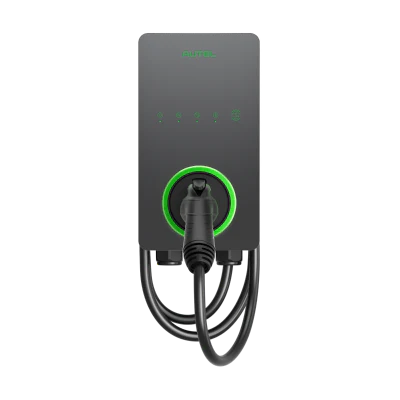
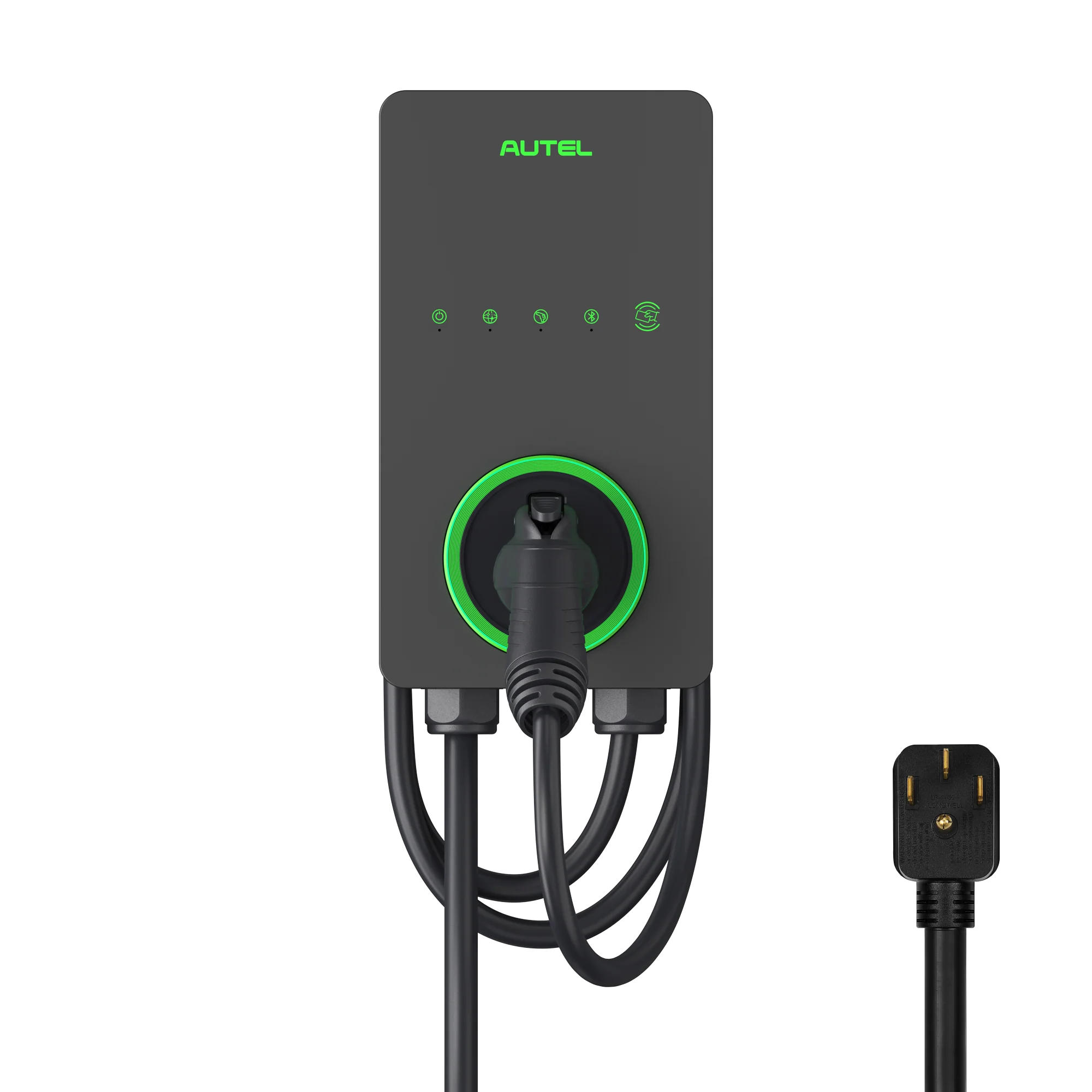
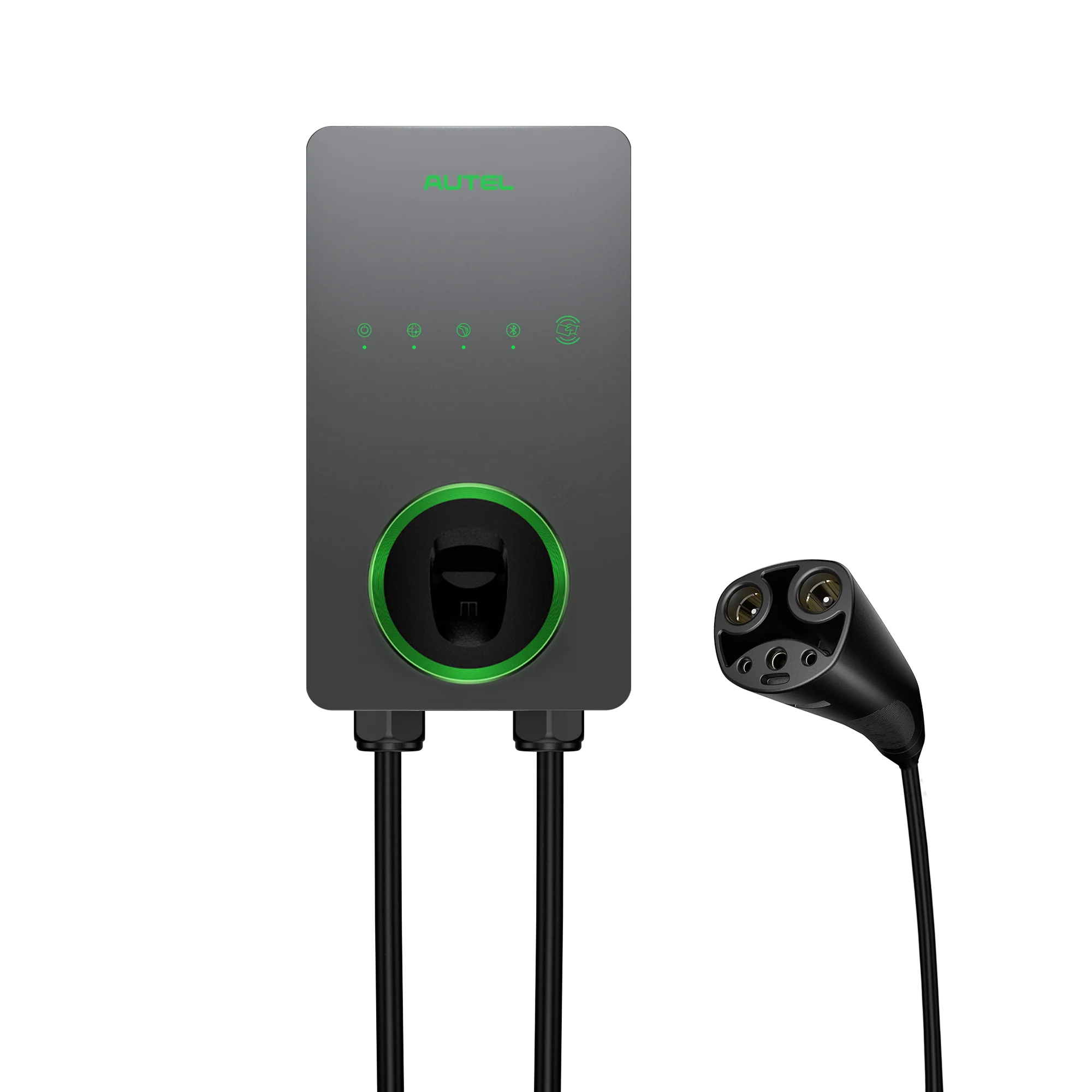
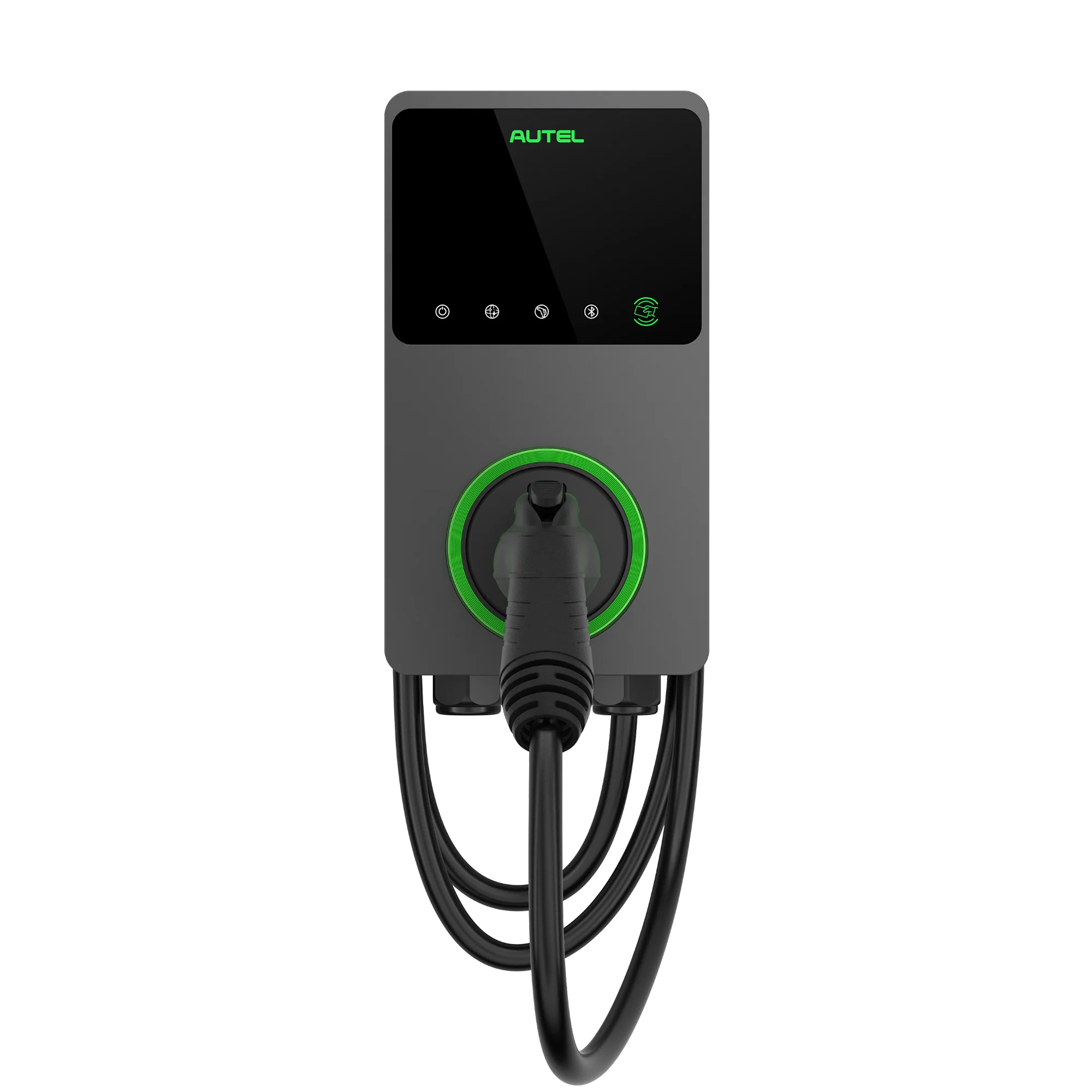
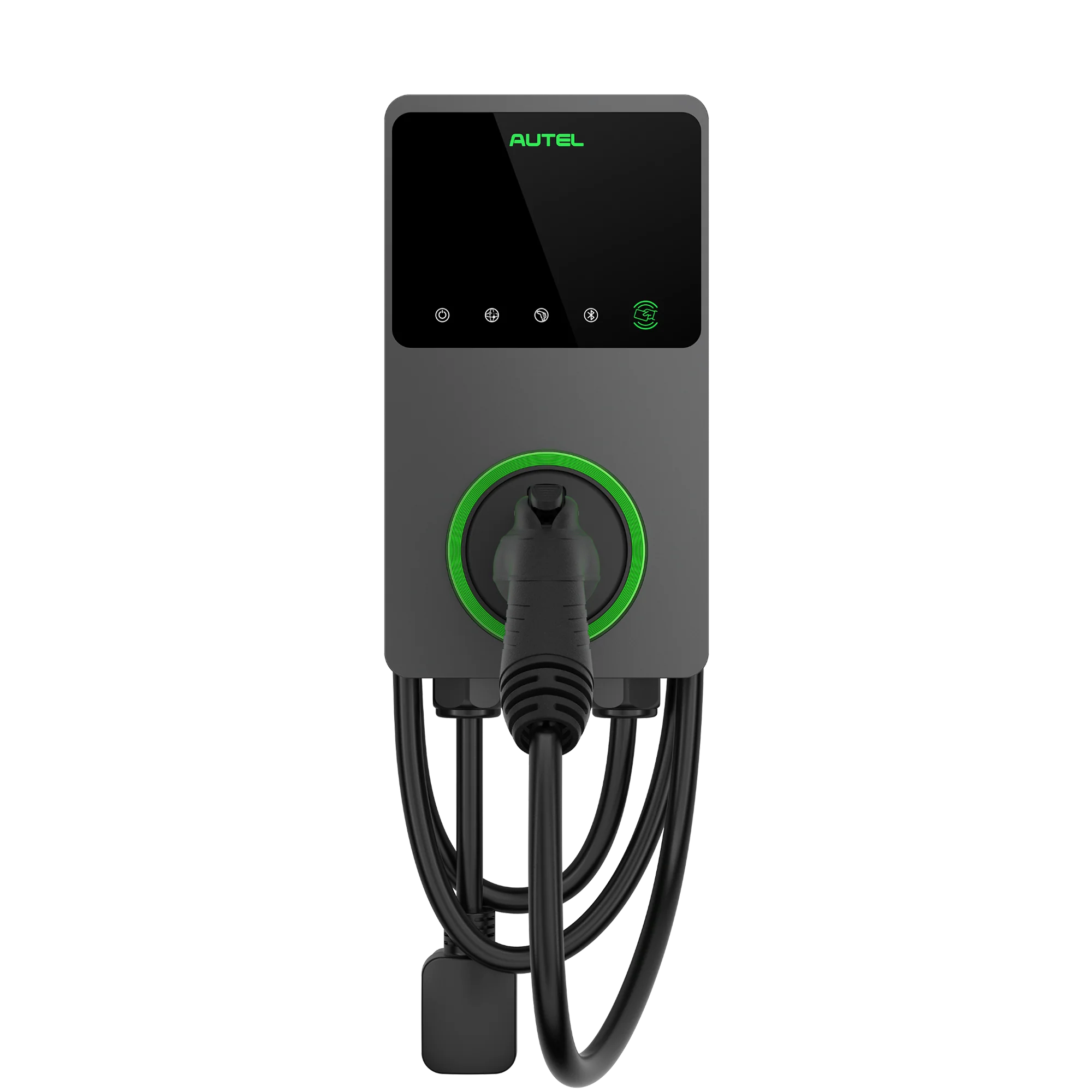
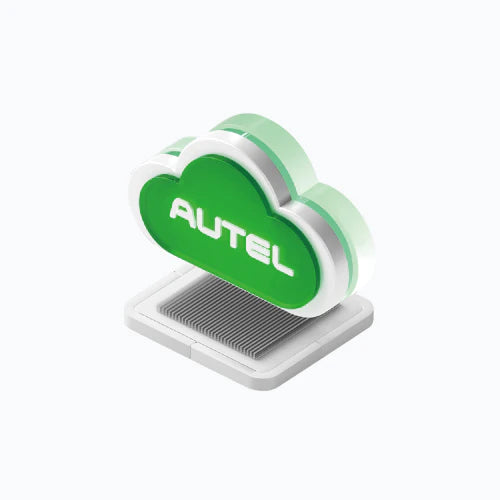
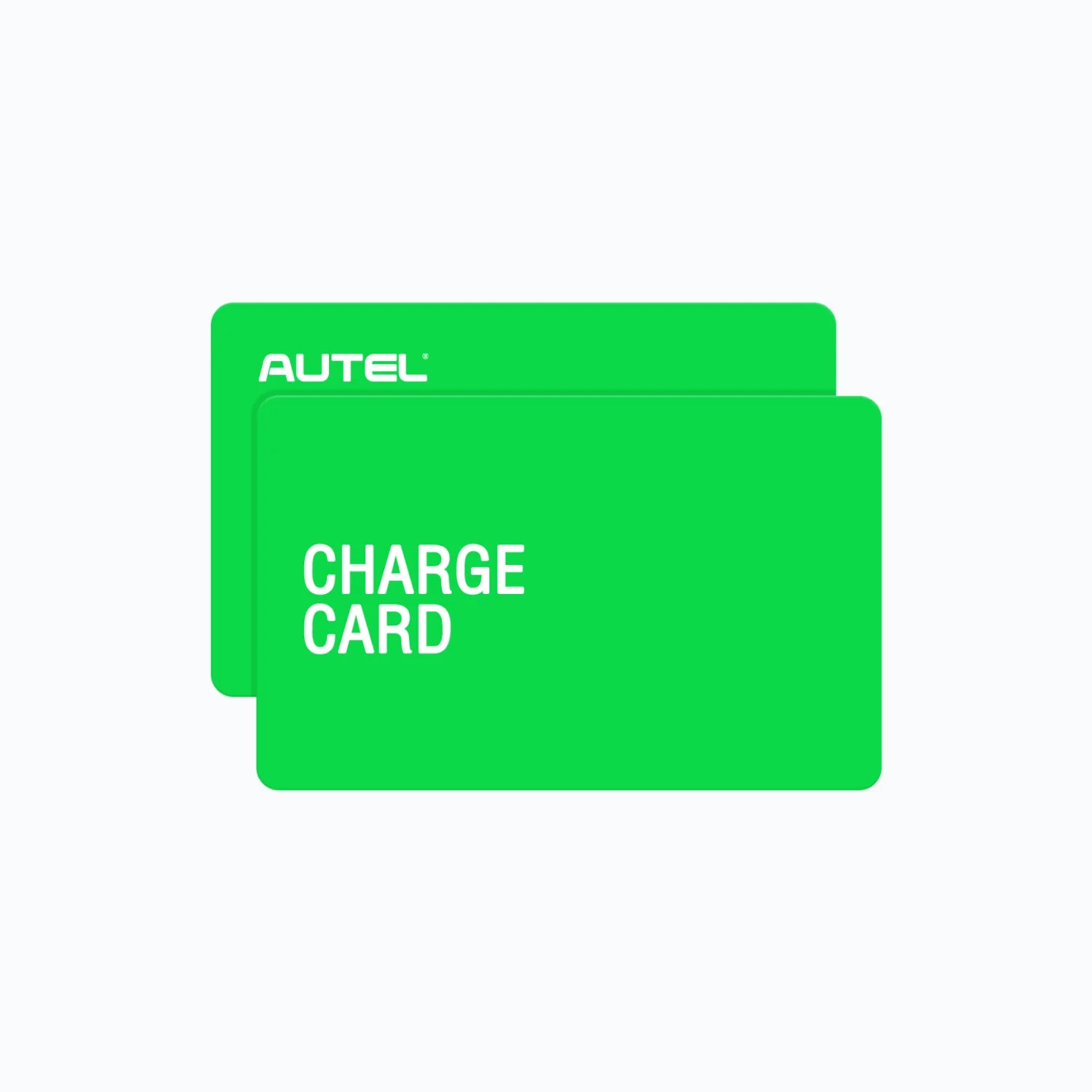
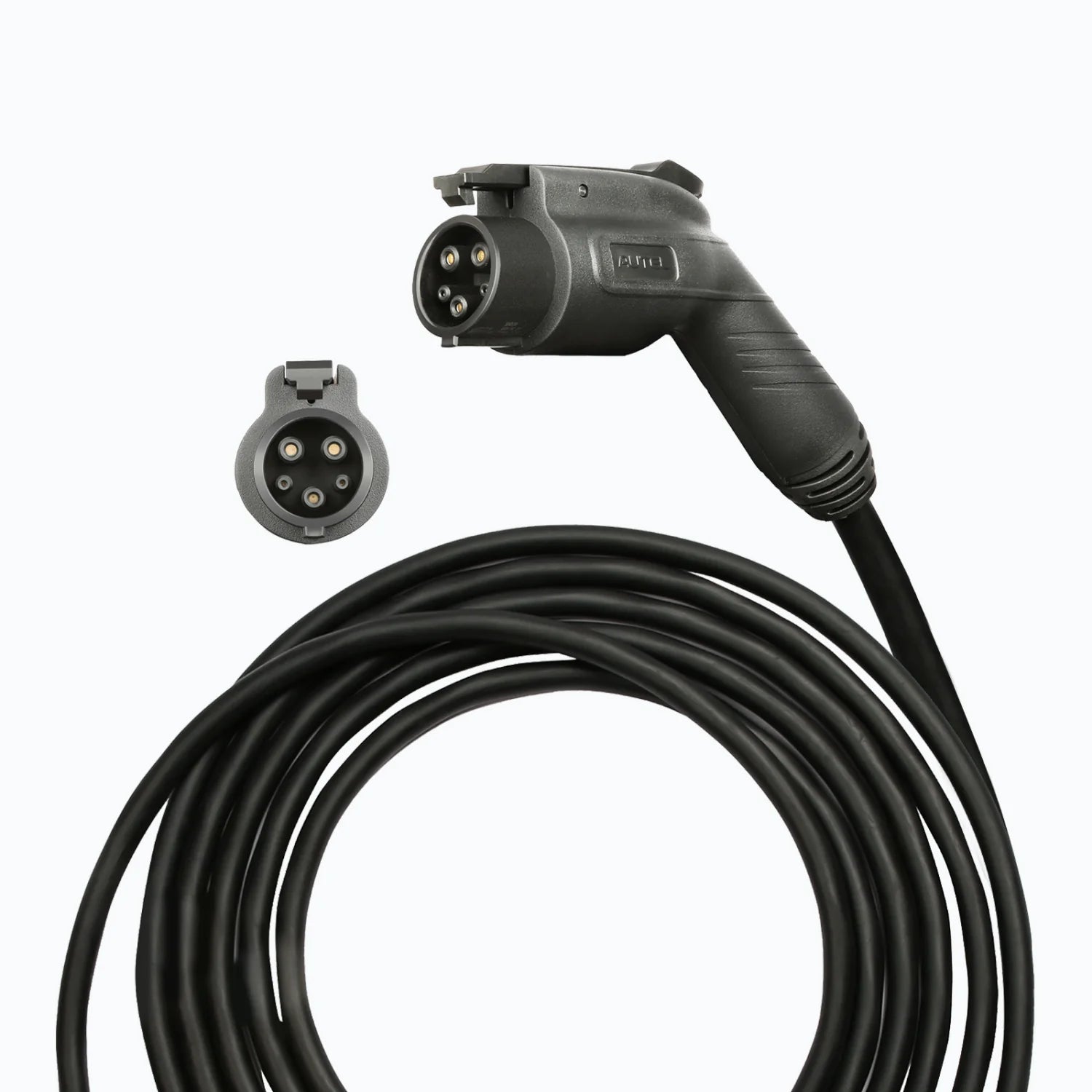

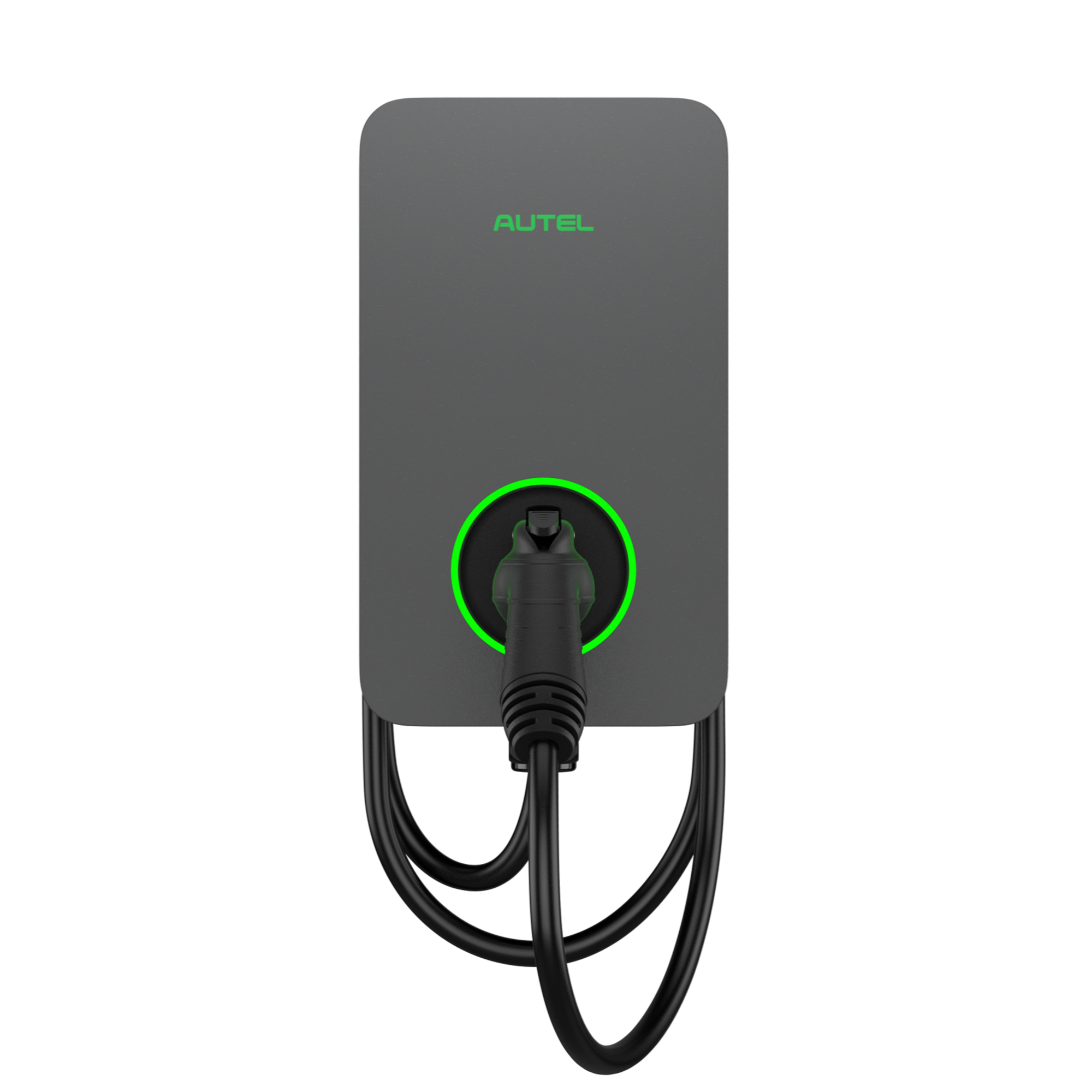

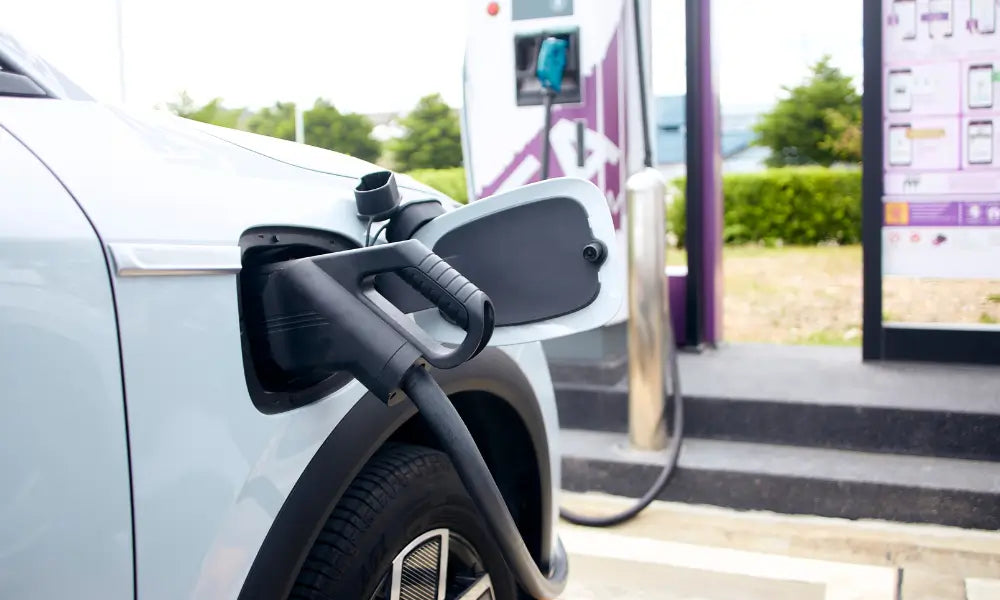
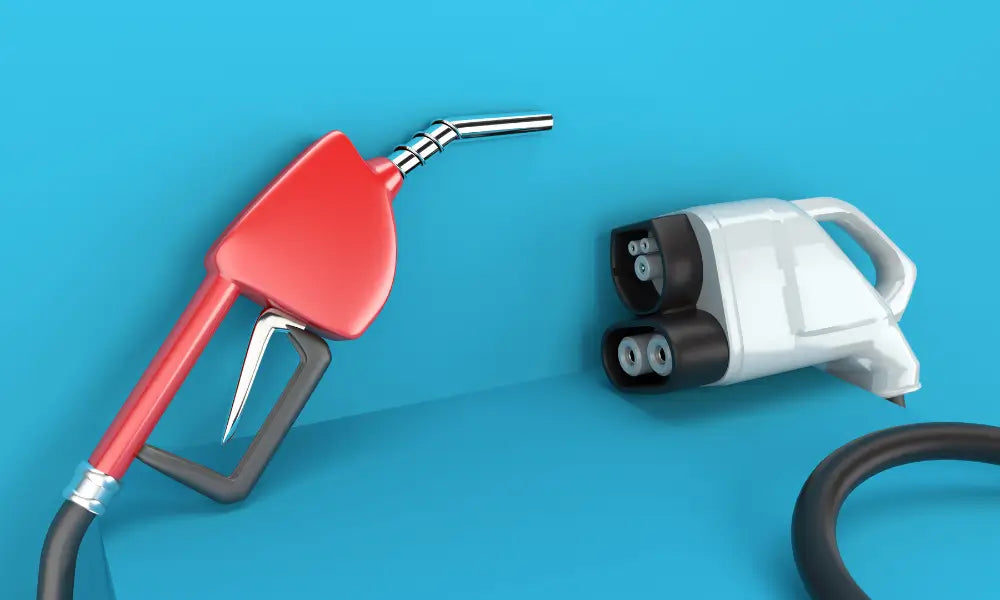
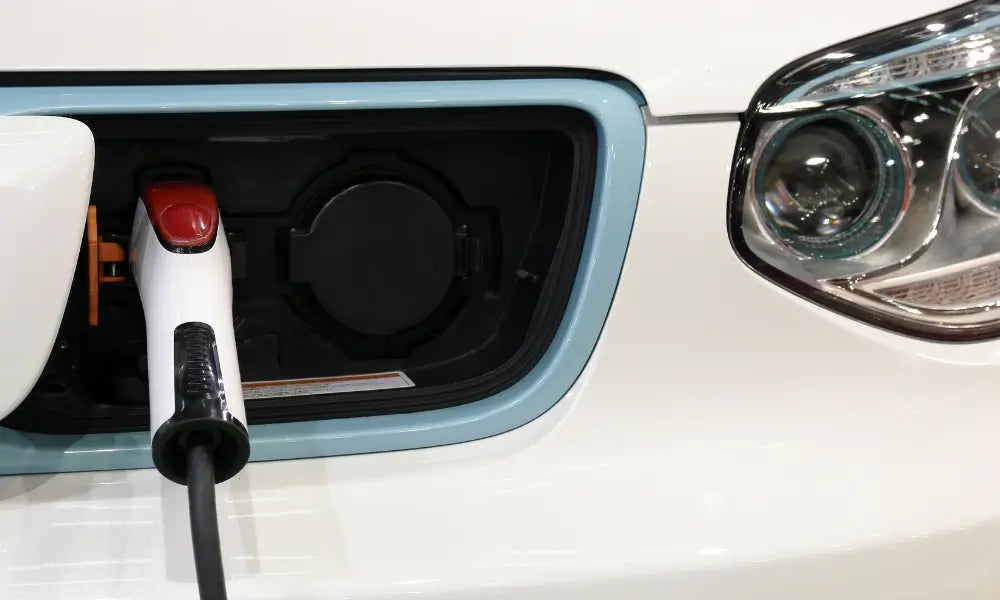
Leave a comment
All comments are moderated before being published.
This site is protected by hCaptcha and the hCaptcha Privacy Policy and Terms of Service apply.